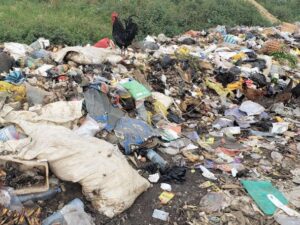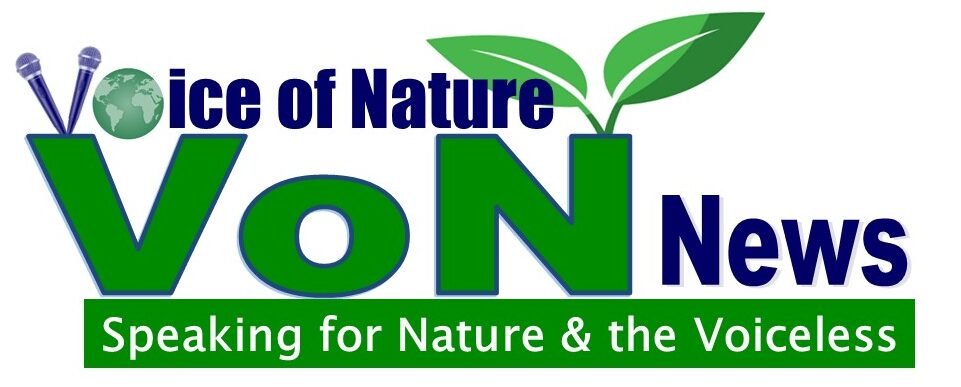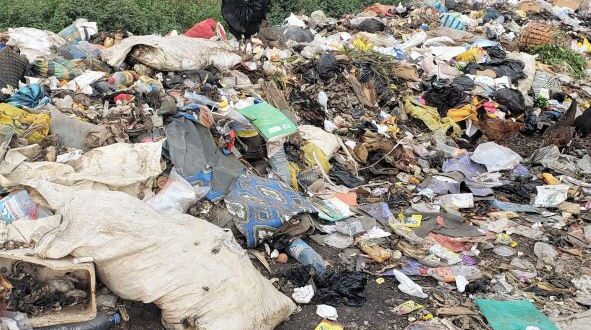By Ndimuh B. Shancho
________________________
The establishment of a national waste exchange programme came under review during a consultative meeting at the Cameroon Ministry of Environment, Protection of Nature and Sustainable Development (MINEPDED) on Monday June 12, 2023. The MINEPDED boss, Minister Hélé Pierre, who chaired the meeting, noted that the waste exchange is the best solution to effectively manage waste in Cameroon. He explained that the programme was to operate in a way that one person’s wastes will became the raw material of another. According to the Minister, instituting such a mechanism was necessary to limit resource wastage, enhance the sustainable production of goods and service, while developing Cameroon’s circular economy.
This plan was greeted with so much joy, considering the increasing rate of waste generation in the country. Statistics from MINEPDED indicates that 600,000 tons of plastic wastes are produced every year in Cameroon, with only 20 % recycled. This means that about 1.5 million kg of plastics are produced every day in this country with only about 300,000 kg recycled. What then happens to the un-recycled 1.2 million kg of plastics produced daily?

A good quantity of the un-recycled 1.2 million kg plastics are undoubtedly thrown away, which end up blocking our drainage and sewage systems, resulting in deadly floods (like the floods in Bamenda that killed 3 and swept away 20 houses in August last year 2023). Some of the plastic material thrown away break into smaller pieces and are inhaled into the body, with varied devastating health consequences.
While the waste exchange plan seems to be a suitable messiah that can redeem Cameroon from the dangers of unsustainable waste management, its implementation seems to be just like another government machinery; “grinding slowly but surely. For example nothing has filtered about the implementation of the waste exchange plan again, about 9 months after the consultative meeting.
The idea of instituting a National Waste Exchange mechanism in Cameroon saw the light during the first national waste conference from 27 and 28 April 2016 in Yaoundé. April 2024, will therefore, mark exactly eight years since the Cameroon Government started nursing the waste exchange programme, but things seem to remain the same. Making the waste exchange plan operational, will contribute drastically to reducing youth unemployment in the country, which currently stands at over 7%, as well as contribute to solving the waste management challenge already becoming a serious nightmare in many urban centers in Cameroon.







